- Analysing the costs that are making hydrogen a viable alternative to natural gas
- Defining the criteria that should be used to measure potential profitability in fully functional hydrogen facilities
- Making hydrogen make sense financially in the mobility, industrial (heat energy) or domestic sectors
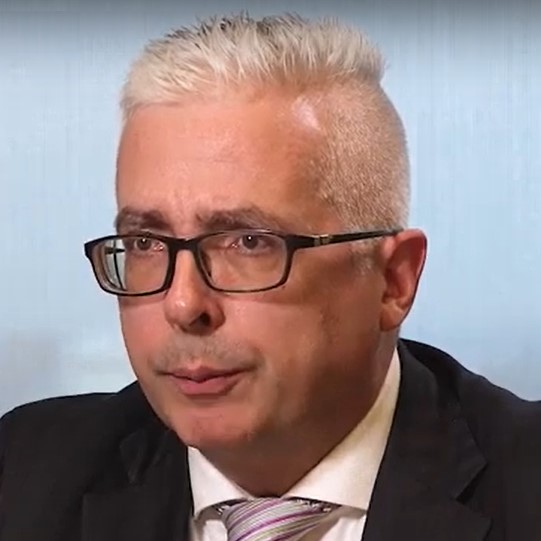 Jeremy Hasnip
Jeremy Hasnip
Head of Energy Transition
Sumitomo Mitsui Banking Corporation
- Accounting for all the factors (economic, environmental, technical and operational) that can make hydrogen the best option
- Defining the advantages of hydrogen over batteries which make it the rational choice for long-distance, heavy haulage
- Deploying hydrogen when economies of scale and increased efficiency are likely but not yet guaranteed
- At what point does hydrogen become the fuel of choice for reasons other than lowering the carbon profiles?
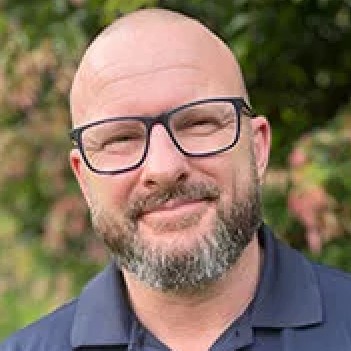 Paul Illmer
Paul Illmer
Vice President Emerging Technology Business Development
Volvo Group Australia
- What would it take for hydrogen to replace natural gas in Australian homes?
- How could policy and funding accelerate the domestic use of hydrogen?
- Are consumers ready to embrace hydrogen in their homes?
- How do we respond to the ‘electrify everything’ school of thought?
Moderator:
 Jeremy Hasnip
Jeremy Hasnip
Head of Energy Transition
Sumitomo Mitsui Banking Corporation
Panellists:
 Kristin Raman
Kristin Raman
Acting Executive General Manager People and Strategy
Australian Gas Infrastructure Group (AGIG)
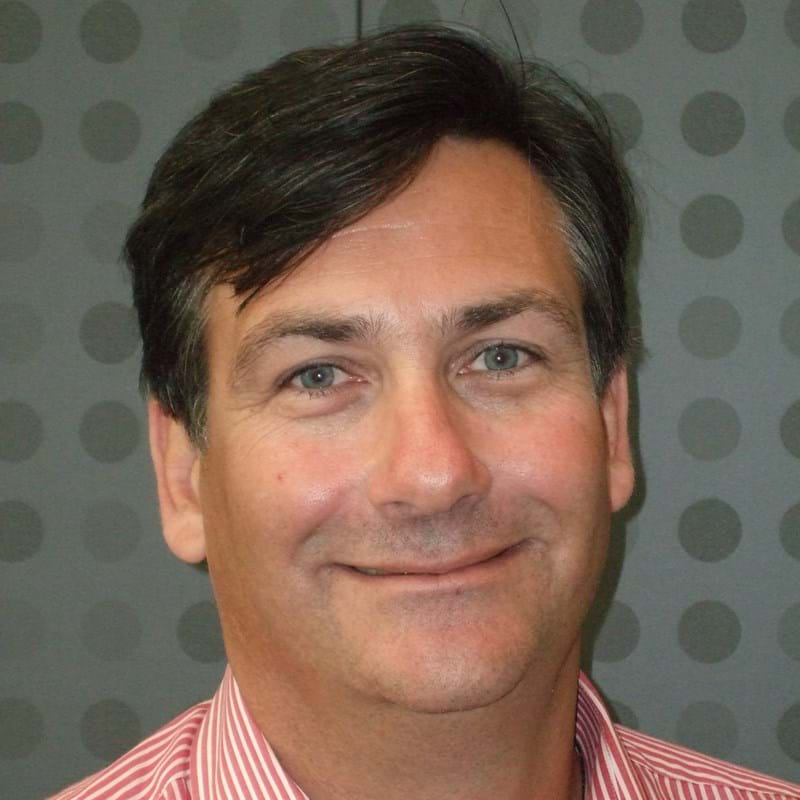 Peter Harcus
Peter Harcus
General Manager Assets and Operations, Gas Distribution
Jemena
 Warner Priest
Warner Priest
Midstream Energy Director
InterContinental Energy
- Taking advantage of a global player’s scale and experience to advance large-scale hydrogen projects
- Importance of working with consortia partners (including new entrants) who have complementary skills to Linde
- Starting small and building scale through the hydrogen value chain - from 0.5MW, to 30MW, to proposed 300+MW scale projects
- Examples of hydrogen production and refuelling infrastructure projects for Australia
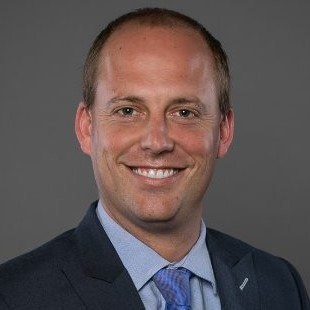 Chris Dolman
Chris Dolman
Business Development Manager - Clean Hydrogen
BOC South Pacific
- Bringing partners and buyers on the journey from front end engineering and design (FEED) study to final investment decision (FID)
- Structuring contracts so that hydrogen generation, transport and end-use can scale up quickly and become financially feasible
- Working with partners to establish a supply chain to Japan, alongside opportunities for local industrial customers
- Providing a pathway for a future in clean energy through workforce skills and training
- Exploring how the resilient, and innovative culture underpins a growth mindset
- Working through the unequal impact of transition on different parts of the community and allowing for success to be measured across more than just economic outcomes
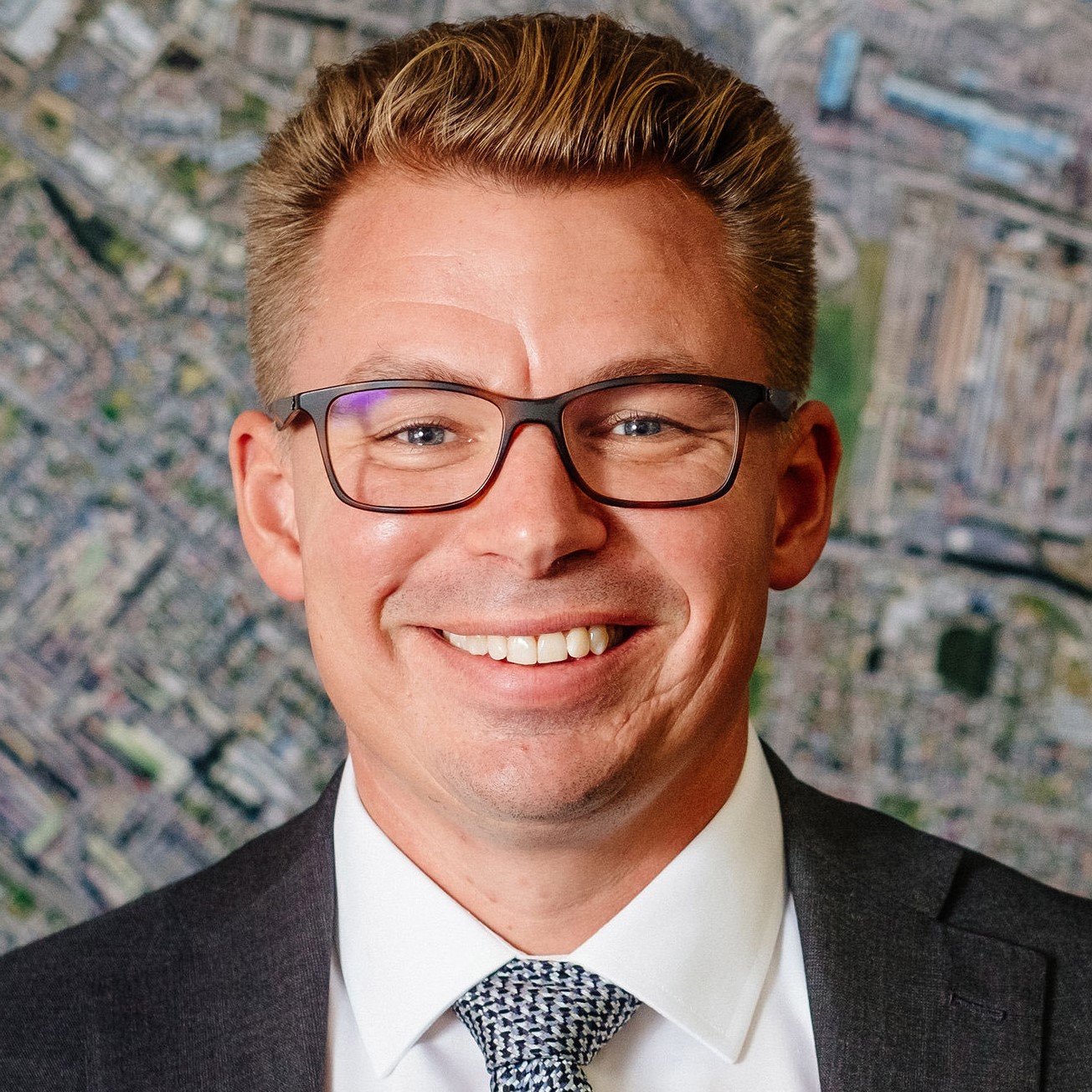 Simon Byrnes
Simon Byrnes
Chief Commercial Officer
Port of Newcastle
- What are some of the ways value chain risk can be shared in early projects?
- How can the learnings gained in projects and pilots be safely shared?
- How can consortium projects jump from the testing phase into large-scale production and distribution?
- How should groups be structured for the best chance of commercial feasibility and long-term success?
- What are the time scales for achieving break-even and profitability?
Moderator:
 Vicky Au
Vicky Au
Deputy Lead, Hydrogen Industry Mission
CSIRO
Panellists:
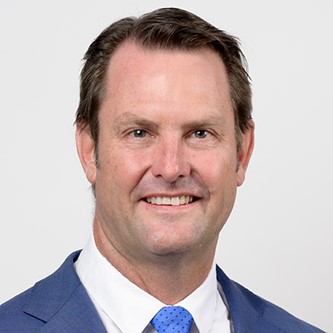 Gerard Reiter
Gerard Reiter
Co-founder & Chief Executive Officer
Aqua Aerem
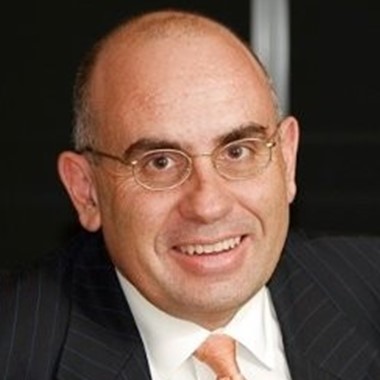 Robert Ludecke
Robert Ludecke
GM Hydrogen and Strategic Projects
Iberdrola
- Tackling the technological and infrastructural challenges of creating a competitive hydrogen economy
- Defining the enabling technologies that will make hydrogen a viable carbon-free fuel
- Resolving the hydrogen-ammonia dilemma for storage, transport and downstream use
- Creating a talent pipeline of skilled workers who can contribute to different components of the hydrogen value chain
 Victor Nian
Victor Nian
Co-founder and Chief Executive Officer
Centre for Strategic Energy and Resources (Singapore) (remote presentation)
- Examining the feasibility of bunkering and exporting green hydrogen and ammonia
- Building on existing expertise to develop a robust supply chain to export markets
- Achieving the scale necessary to be globally competitive
 Gerard Reiter
Gerard Reiter
Co-founder & Chief Executive Officer
Aqua Aerem
- Estimating the quantities of hydrogen that may need to be sourced from other countries
- Limiting the commercial offtake risks – what does a ‘good’ offtake agreement need to include?
- Mitigating the CAPEX of hydrogen infrastructure to facilitate large-scale deployment
 Yuko Fukuma
Yuko Fukuma
Senior Staff Officer
Kawasaki Heavy Industries (Japan) (remote presentation)
- Methanation – a practical approach to decarbonisation and minimising the disruption to the energy export value chain
- Roadmap to decarbonisation and how methanation has a role in Daigas Group’s operations
- Large-scale methanation production and its challenges
 Surena Ho
Surena Ho
Senior Commercial Manager - Corporate Development
Osaka Gas Australia
- Busting the barriers of entry in the energy sector
- Creating a collaborative hydrogen market and avoiding replicating infrastructure
- Accounting for social license and changes in public sentiment towards development
- Adopting a flexible approach rather than rigid pay commitments and secured cash flow (as demanded by the early liquefied natural gas industry)
 Richard Cottee
Richard Cottee
Executive Chairman, State Gas
and Non-Executive Chairman, Elixir
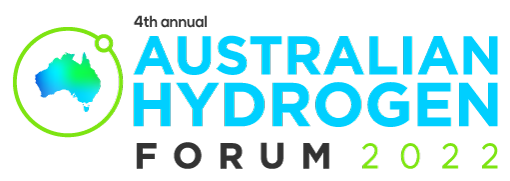

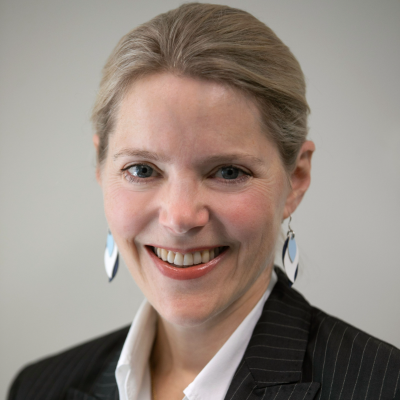 Florence Lindhaus
Florence Lindhaus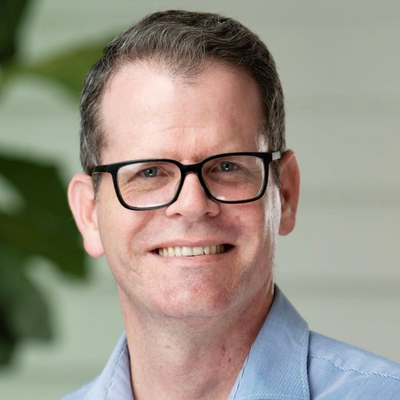 Phil Richardson
Phil Richardson Dejun (Benny) Wang
Dejun (Benny) Wang  Neil Wang
Neil Wang